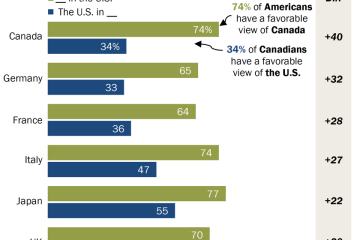Understanding China’s Global Economic Influence

Introduction
The rise of China as a dominant economic power continues to make headlines around the globe. With its rapid industrialization and strategic investments, China has transformed itself from an agrarian society into the world’s second-largest economy. Understanding China’s global economic influence is crucial as it impacts trade, politics, and environmental policies worldwide.
A Growing Economy
As of 2023, China’s GDP is estimated at approximately $17 trillion, second only to the United States. The country has maintained consistent growth, outpacing many developed nations, and has become a critical trade partner for countries around the world. According to the World Bank, China’s contribution to global economic growth was around 30% in the last decade, highlighting its significance in the post-pandemic recovery.
Trade Relationships
China’s extensive trade network is a key factor in its economic influence. It is the largest exporter and the second-largest importer of goods globally. Countries in Asia, Africa, and Latin America increasingly depend on Chinese markets. Recent trade agreements, including the Regional Comprehensive Economic Partnership (RCEP), further solidify China’s role in regional trade, allowing for tariff reductions and enhanced economic cooperation across 15 countries.
Investment Initiatives
China is also known for its ambitious Belt and Road Initiative (BRI), which aims to enhance global trade routes through large-scale investments in infrastructure. Launched in 2013, the BRI involves over 140 countries and has played a significant role in boosting economies in Asia and Africa. However, critics argue that such debt-driven investments could lead to economic vulnerabilities for participating nations.
Challenges Ahead
Despite its impressive growth, China faces multiple challenges, including rising energy prices, trade tensions with the U.S., and potential impacts from global economic shifts. Additionally, the Chinese government is under pressure to transition to a more sustainable and consumer-driven economy. These elements could influence China’s economic policies and its global standing in the coming years.
Conclusion
China’s global economic influence is undeniable, shaping trade practices and international relations worldwide. As the world grapples with economic recovery and geopolitical shifts, understanding China’s role in global economics becomes increasingly important for businesses, policymakers, and citizens. Moving forward, stakeholders must navigate both the opportunities and challenges presented by China’s rise as a global economic leader.





